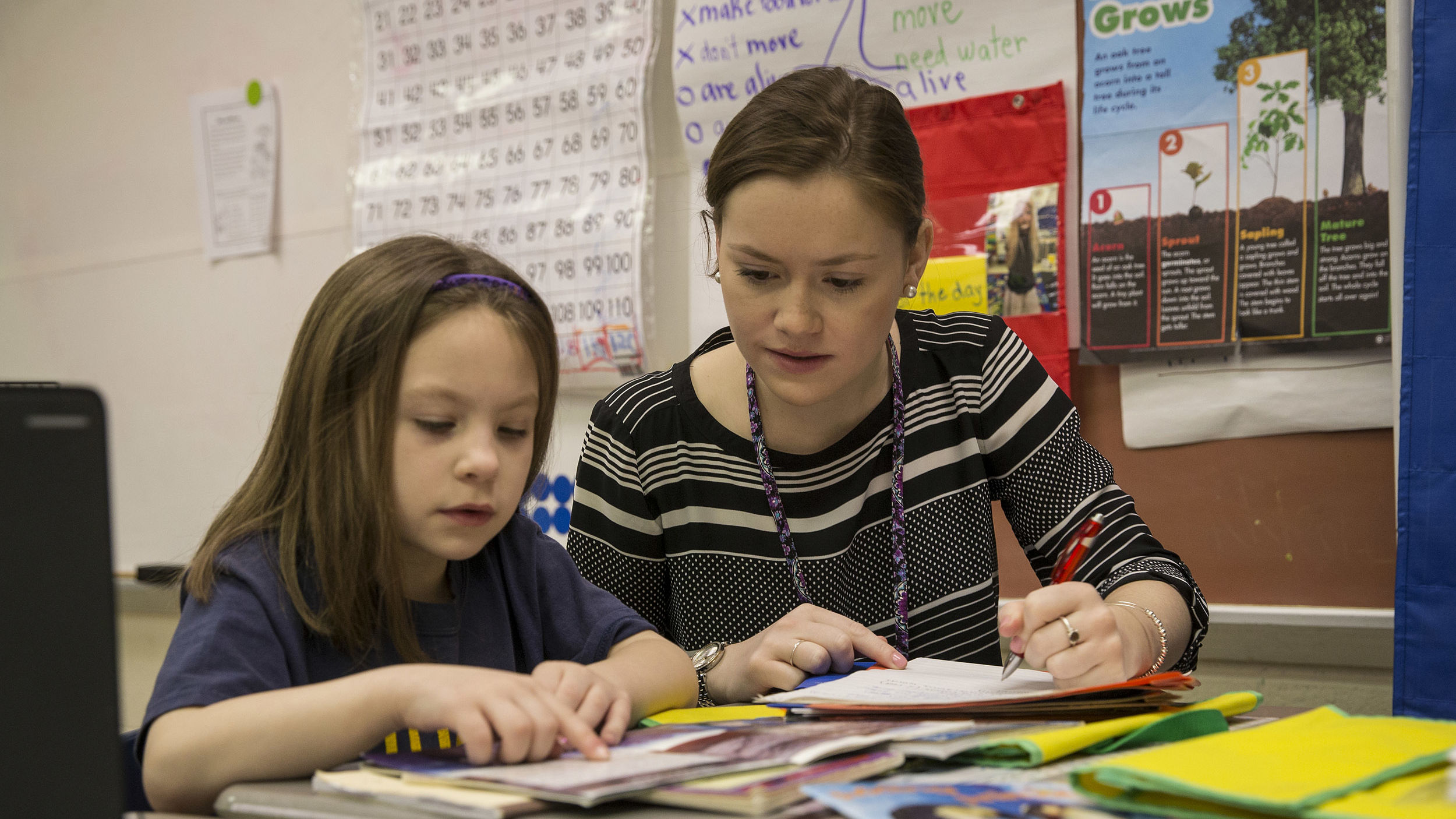Future Teachers of America Day, on November 20, was created to celebrate and honor fantastic educators across the country. We have compiled a list of advice from the College of Education and Human Development Faculty to help our future educators prepare for the classroom and other professional careers in education.
What Makes a Great Educator?
Professor of Teaching and Learning Michael W. Smith says a great educator is, "someone who believes in the power of 'yet'. That is, someone who does not believe that students can't do or understand something, but rather someone who believes that students can't do or understand something yet but will be able to do so soon."
Casey Crass, clinical assistant professor of teaching and learning, says, "a successful teacher creates a safe space for all students to be themselves, and demonstrates care and compassion through actions."
"Do what you can, but be reasonable about what you can accomplish and be kind to yourself," recommends Jason Travers, associate professor of teaching and learning.
Elizabeth Diamond, associate professor of career and technical education, details that in order to be a great teacher you have to, "be interested in [your students], get to know what they like, get to know their family as you can, and share about yourself too."
What are some ways to keep students engaged and interested in learning?
"Get students involved in developing assignment requirements, grading rubrics, etc. When they feel ownership of the final product, they tend to feel empowered which leads to increased engagement," says Diamond.
Assistant Professor of Psychological Studies in Education Xu (Lilya) Jiang states, "finding ways to motivate students is more important than teaching the content itself. Inspired students will inspire teachers too."
To keep students engaged, "notice them in a way that they recognize they've been noticed," says Smith.
Why is education so important?
"Every child deserves a great teacher, one who is confident and prepared from the start," says Cindy Cupitt, clinical instructor of teaching and learning.
Paul Jones, assistant professor of psychological studies in education, details that, "educational institutions have the potential to improve outcomes in almost every domain, not just academic outcomes. Schools can be centers for the community to deliver physical health services, mental health services and social services."
The College of Education and Human Development is proud of all the current students who are working hard to become fantastic future educators.

